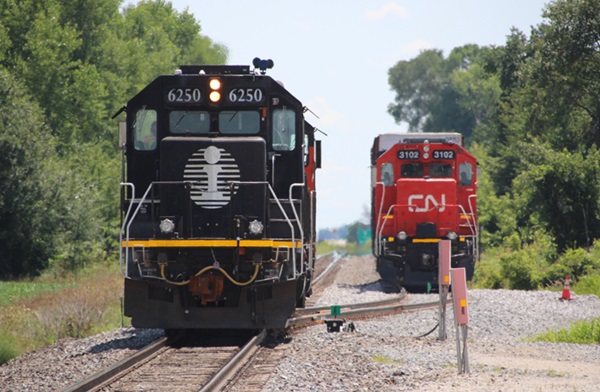
CHICAGO — Canadian National, CSX, and Union Pacific last week asked a federal appeals court to set aside the Surface Transportation Board’s new reciprocal switching rule, which will allow sole-served shippers in terminal areas to request access to a second railroad if their rail service falls below certain standards.
The STB rule, which was adopted on April 30, applies only to a small slice of carload traffic: Shipments that move under tariff rates, rather than contracts, and involve the few commodities that are subject to board regulation.
The suit, filed on May 10 by CN’s U.S. subsidiaries as well as CSX and UP, asks the U.S. Court of Appeals for the Seventh Circuit to review the STB’s decision. The railroads argue that the rule is unlawful.
The Surface Transportation Board’s final rule — the first to set minimum standards for rail service — tightened the on-time performance, transit time, and local service consistency thresholds that were outlined in the proposed rule that was introduced in September.
The final rule also lengthens the time period a reciprocal switching order would remain in force, to three to five years from the two to four years originally proposed.
But the “reciprocal switching for inadequate service” rule does not apply to traffic that moves under contract or is among the commodities that are not currently subject to board regulation. The vast majority of carload and bulk freight moves under contract, and railroads had argued that neither contract traffic or exempt commodities should be covered under the rule.
Shippers whose freight moves under contract or is exempt from board regulation can still apply for a reciprocal switch, but they must wait until a contract expires or until the board approves a request to temporarily waive a commodity exemption.
Some industry observers have said the rule will have a limited impact because adding an interchange close to the origin or destination would add a minimum of 24 hours transit time. Plus, the railroad having service problems would still be responsible for picking up and setting out cars at the customer location.
The rule also requires railroads to provide more detailed weekly service metrics, including those covering local service performance.






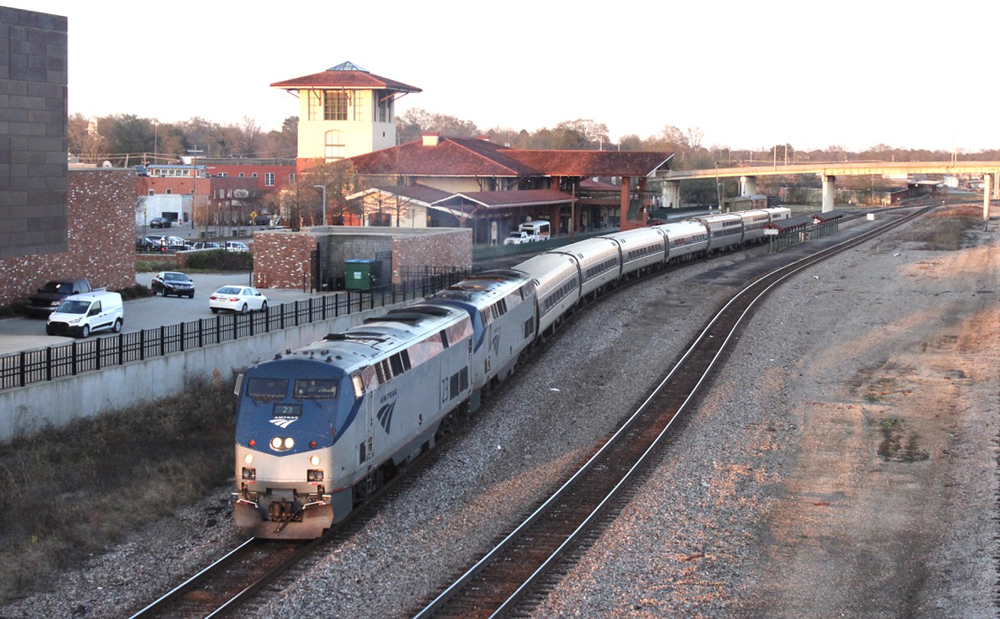
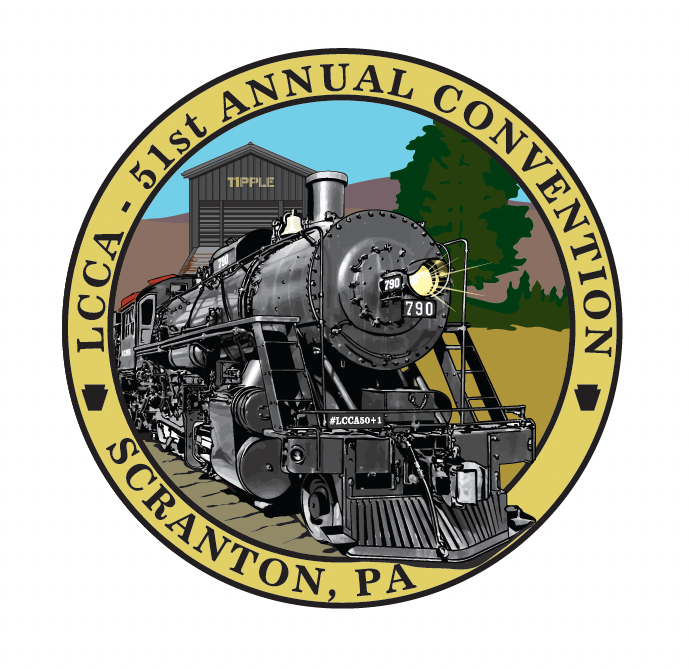
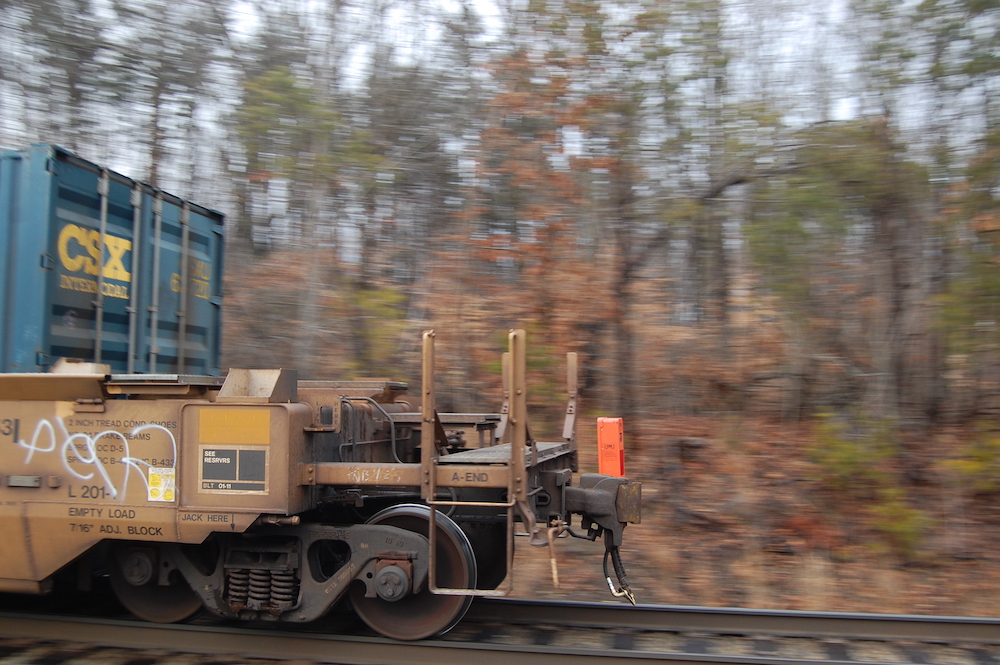
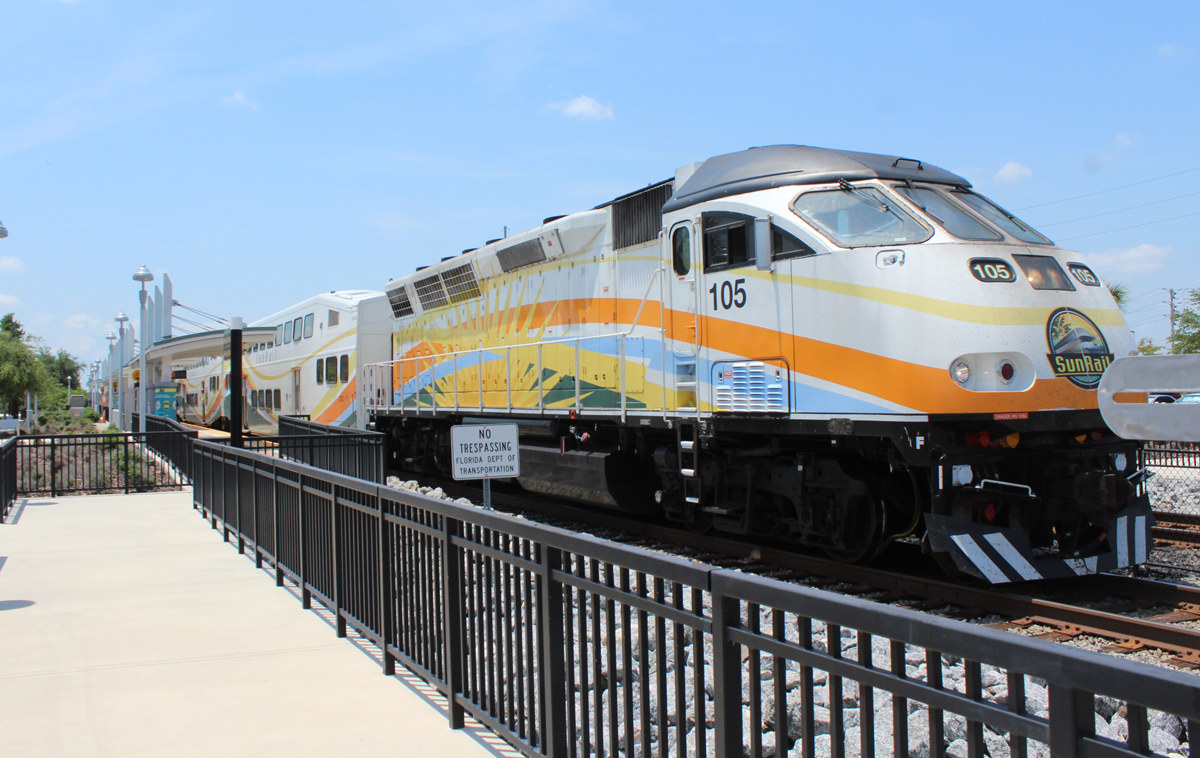




As one of the characters of a TV cartoon often said, “Quit’cher bitchin.” Many people have said in public articles and on this and other sites that if service didn’t improve (as a result of PSR) then this would happen and the Class One’s didn’t listen!!! You got what you deserved for not doing what you should have done, SO,
“Quit’cher bitchin.”
.
Rail seems determined to end more traditional ocal service. The just want to pick up and deliver in bulk. Railroads have been allowed to consolidate into virtual monopolies, so deserve closer regulation when they fail to serve customers within their monopolistic area.